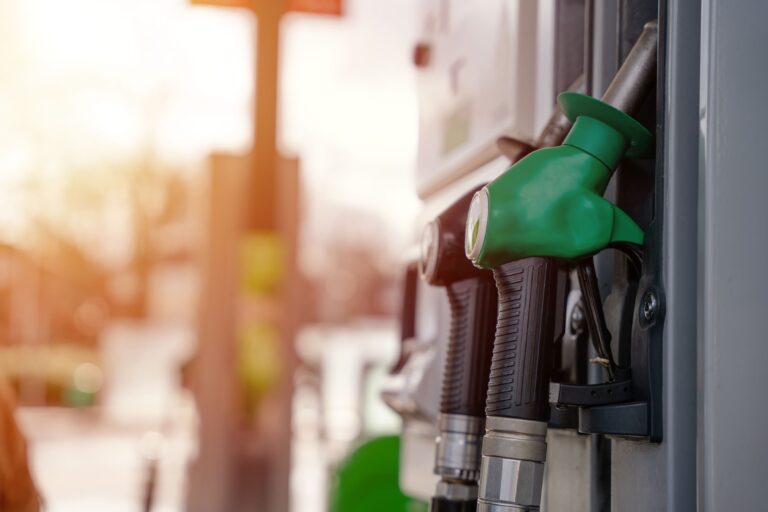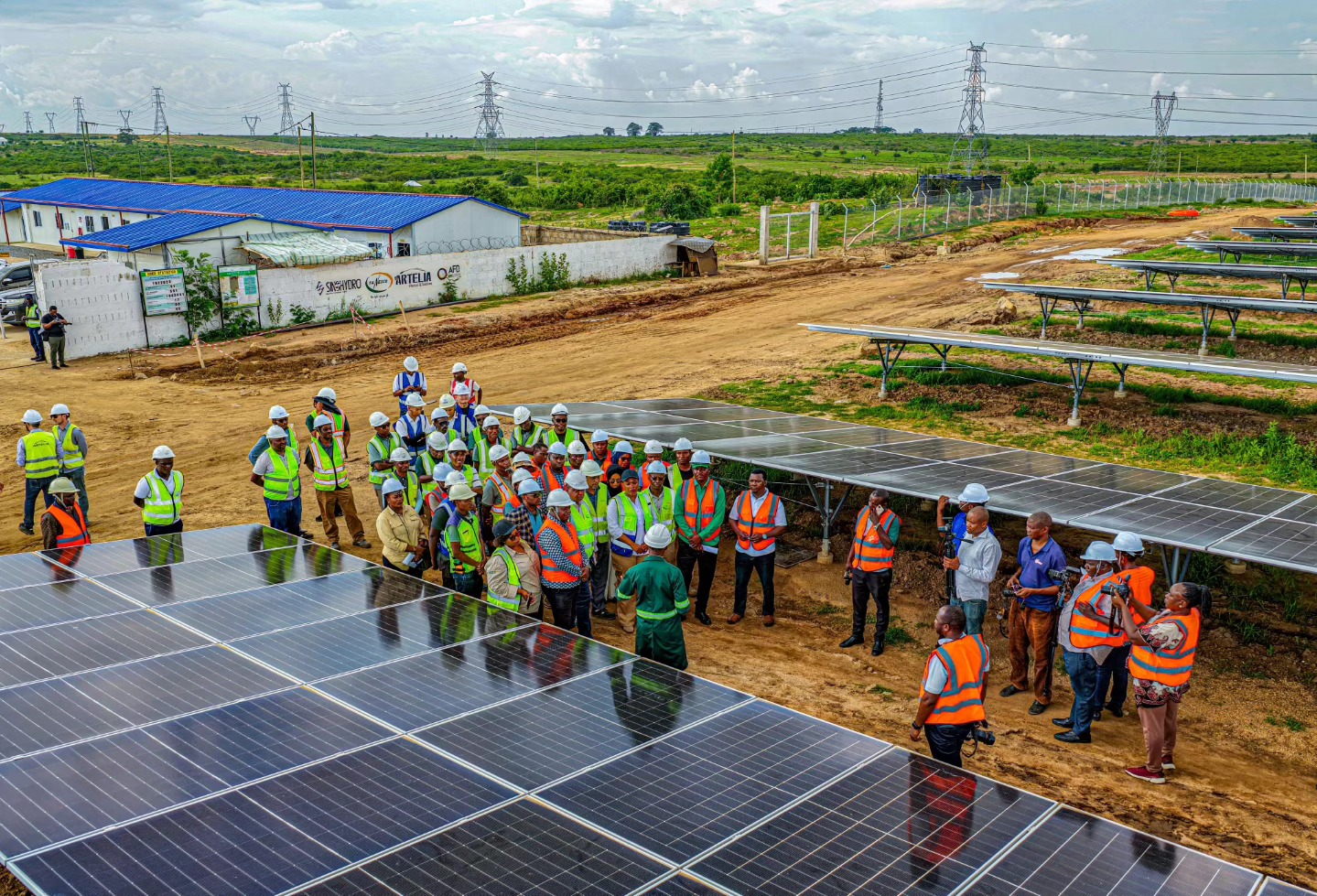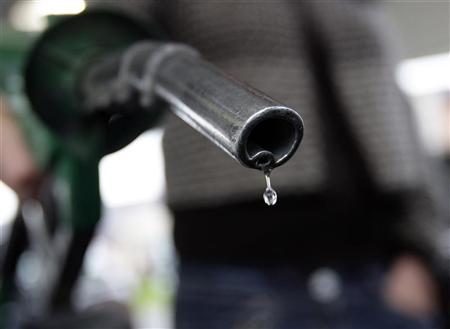Dar es Salaam. The Energy and Water Utilities Regulatory Authority (Ewura) has announced a marginal increase in the cap prices of petroleum products in Tanzania, effective April 2, 2025.
According to a statement issued by Ewura on April 2, 2025, the price adjustment is primarily due to fluctuations in the exchange rate.
“The applicable exchange rate for April 2025 prices increased by 1.91 percent,” Ewura said in the statement.
For fuel stations in Dar es Salaam, the retail price of petrol has increased by 1.36 percent, diesel by 1.7 percent, and kerosene by 0.56 percent compared to the previous month.
This means petrol will now be sold at Sh3,037 per litre, diesel at Sh2,936 per litre, and kerosene at Sh3,053 per litre.
In March 2025, the prices stood at Sh2,996 per litre for petrol, Sh2,885 per litre for diesel, and Sh3,036 per litre for kerosene.
The highest fuel prices will be recorded in the Ruberwa area in Kyerwa District, Kagera Region, where petrol will be sold at Sh3,274 per litre, diesel at Sh3,174 per litre, and kerosene at Sh3,290 per litre.
In comparison, March 2025 prices in the same area were Sh3,234 per litre for petrol, Sh3,123 per litre for diesel, and Sh3,273 per litre for kerosene.
The increase in cap prices contrasts with a decline in both premiums and Free on Board (FOB) prices at the Dar es Salaam Port.
“At the Dar es Salaam Port, in April 2025, the premiums have decreased by an average of 6.08 percent for petrol, 7.09 percent for diesel, and increased by an average of 1.11 percent for kerosene, with no changes at Tanga Port,” reads Ewura’s statement in part..
“Meanwhile, at Mtwara Port, petrol and diesel prices have decreased by 4.00 percent for both,” the statement adds.
Additionally, FOB reference prices have dropped by 6.92 percent for petrol, 6.57 percent for diesel, and 7.82 percent for kerosene in April 2025.
The fuel price adjustments come at a time when consumers and businesses are closely monitoring economic indicators, including global crude oil prices and exchange rate movements, which significantly impact domestic fuel costs.







